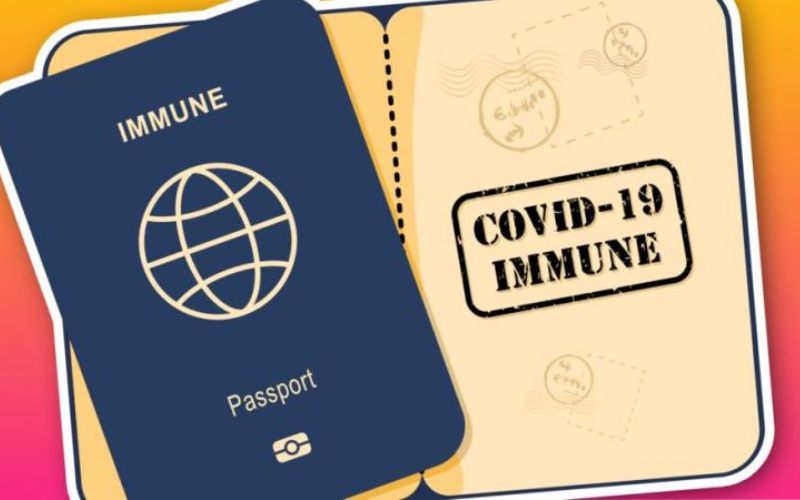×
The Standard e-Paper
Join Thousands Daily

Governments and companies are racing to develop and deploy Covid-19 digital passports that would store information about a person’s status, whether they have been vaccinated and their immunity level. The data would be generally processed through a mobile phone application and accessible to among other agencies border control, port health and immigration officials.